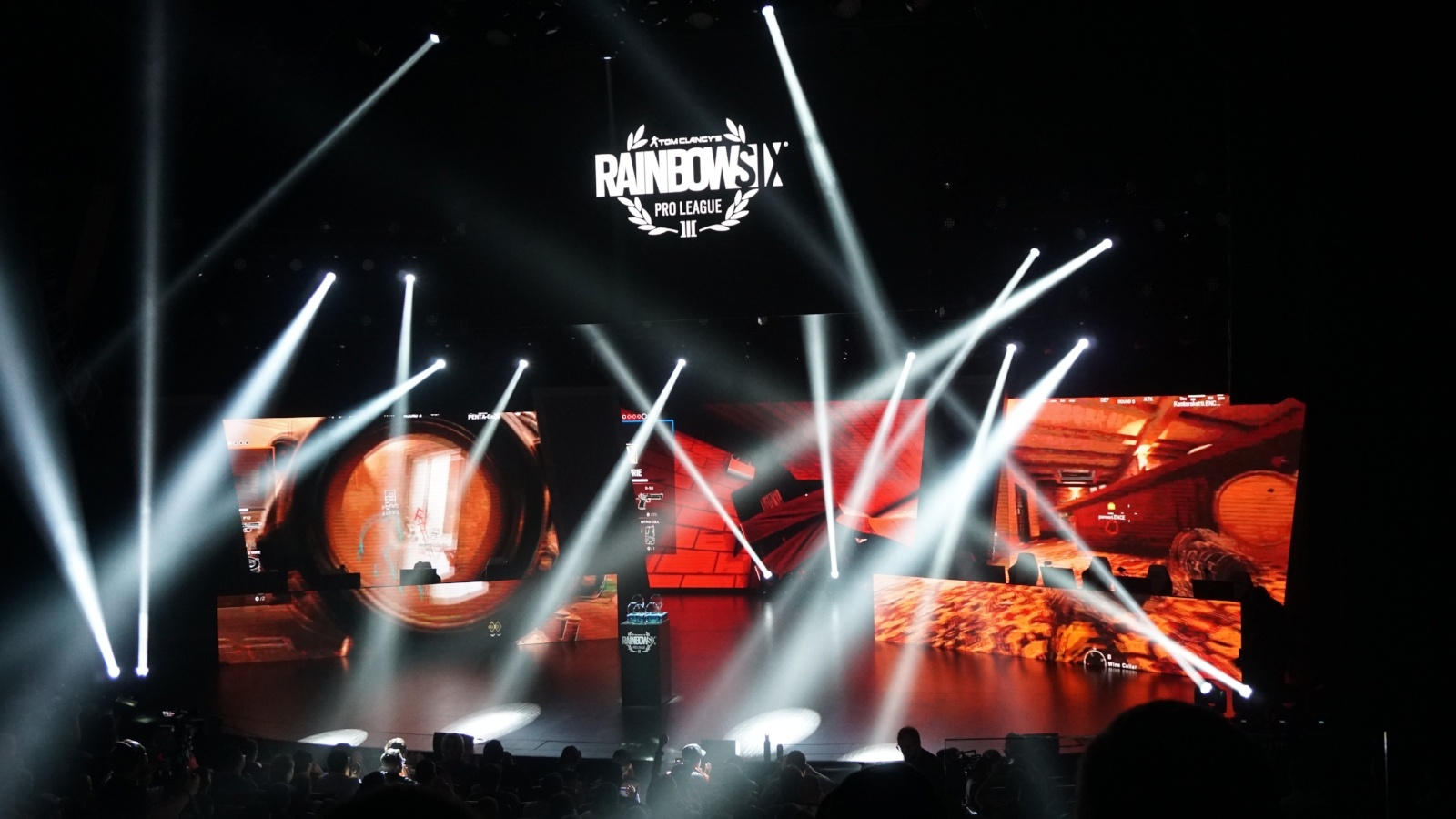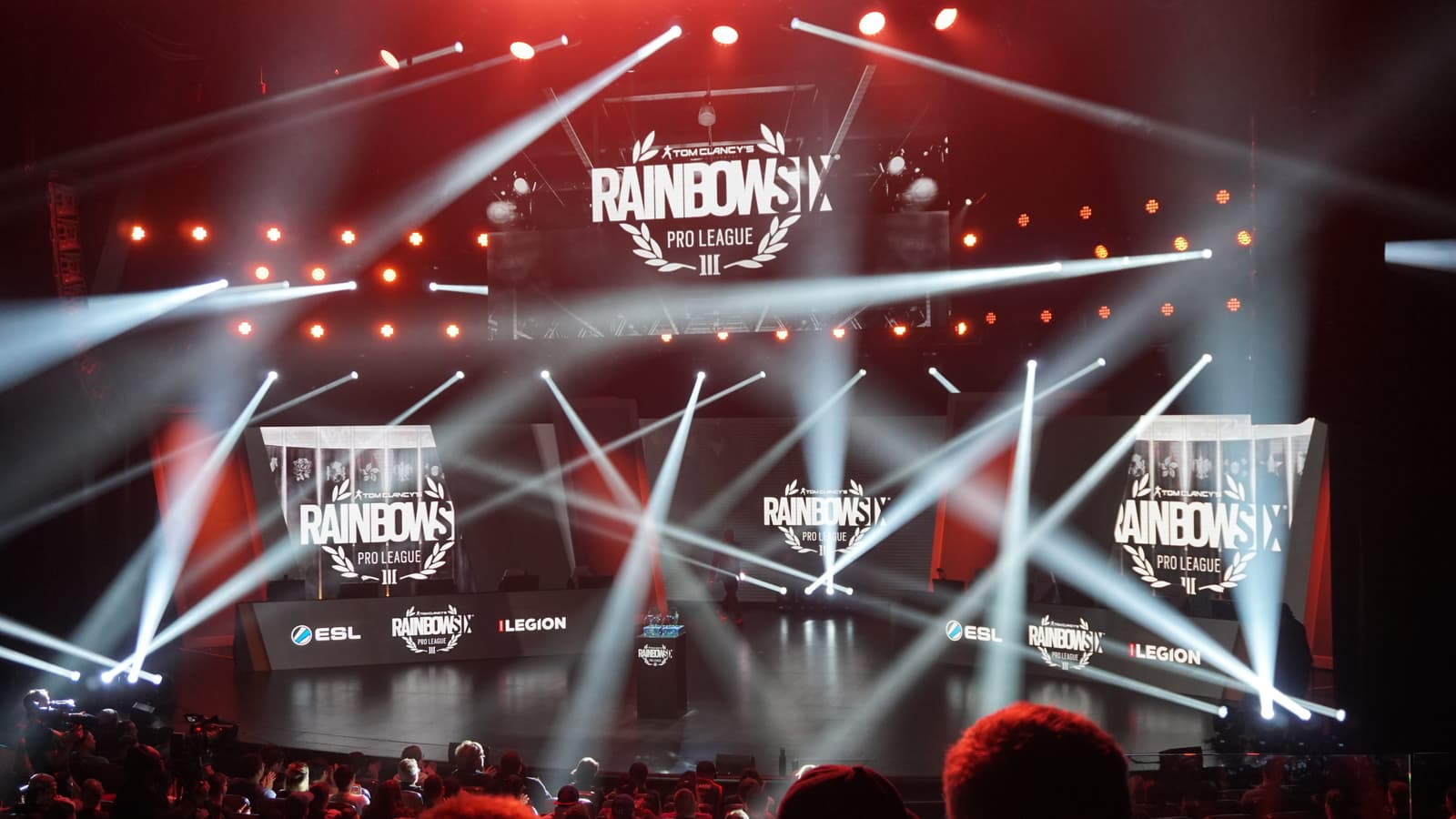“What’s your win rate on Overwatch?”
That’s one of the last questions we expected to hear from a college admissions officer, but increasingly, throughout the USA, institutions of higher education are starting to recruit gamers with the same enthusiasm usually reserved for football players.
Without a doubt, the times are clearly changing. Today, the same video games that concerned teenager’s parents are now grounds for a college scholarship. Whether colleges launch esports teams or not, there’s a high percentage of college kids that are ridiculously good at video games. Here’s why colleges want those gamers at their schools, and why the gamers will come if there are esports.
Colleges and universities in the US are already seeing success in the esport arena. Newzoo reports that in the year 2019, 427 million people in the world will be tuning into esports. These viewers are gradually turning towards the college scene, where the best college players in the country are getting scholarships, competing, and playing in events like the Tostitos Esports Fiesta Bowl (sound familiar?). About 60 US colleges have started an esports program, a number that has been growing month by month over the last couple years. The NCAA has of course caught on to esports growth on the college scene, and is conspiring its potential role with the sport. Until then, the NACE (National Association of Collegiate Esports), as well as collegiate esports connecting companies like TESPA and Riot are providing infrastructure for these college teams. No, esports isn’t rivaling college football yet, and it doesn’t intend to (as there’s a place for both). What it will provide is platform and possibility for college gamers that have put in the time to hone their skill.

Esports is helping small schools bring students that wouldn’t have normally come on campus for their school. Michael Brooks, Executive Director of the NACE says that he talks to schools every day that are wanting to get in on the action. The action? From small schools to big Division One powerhouses, collegiate esports are creating a cache for an irrefutable persona on the college scene: the gamers and their ability to play competitively. Competitive gaming is a billion dollar industry, and a spectacle to hundreds of millions of viewers.
Esports is attracting students towards smaller schools that wouldn’t have otherwise thought of attending. One of these smaller schools is Harrisburg University, who just started its esports program and opened its doors to the best competitive college gamers around the world. They held multiple tryouts to determine which of these gamers would receive each of the sixteen scholarships the university was offering. While you won’t see Harrisburg making headlines for football or track, they have made a large investment into their esports team. Why? Because just like any other competition that is now offered as a college sport, gaming is a vehicle by which this generation plays, practices, and competes. This is how every other sport (competitive activity) became a college sport, and it has been no different with esports. Today’s college scene is full of gamers, and an esports team works to identify and bring health to the college gaming culture. Chad Smeltz, the esports director at Harrisburg University, says, “just like any other collegiate sport, we’re seeing the gamers as students first and foremost, and determining whether or not the school and selected major is a good fit for them”. These collegiate gamers are learning teamwork and strategic thinking, while simultaneously playing games that are popular and fun to watch. This only further develops the draw for a university to start an esports team, because now a small group of really good gamers are playing, and you have a student body that is, statistically, wanting to watch. Especially when you find that 18-25 year olds in this country watch more gaming than they do traditional sports. In collegiate esports, universities battle other universities in popular games like League of Legends, Overwatch, and Rocket League, while the student body cheers their team on. Statistics such as these are incentivizing universities all over the country to start up a team and add to their competitive arsenal.





Let Us Know What You Thought about this Post.
Put your Comment Below.